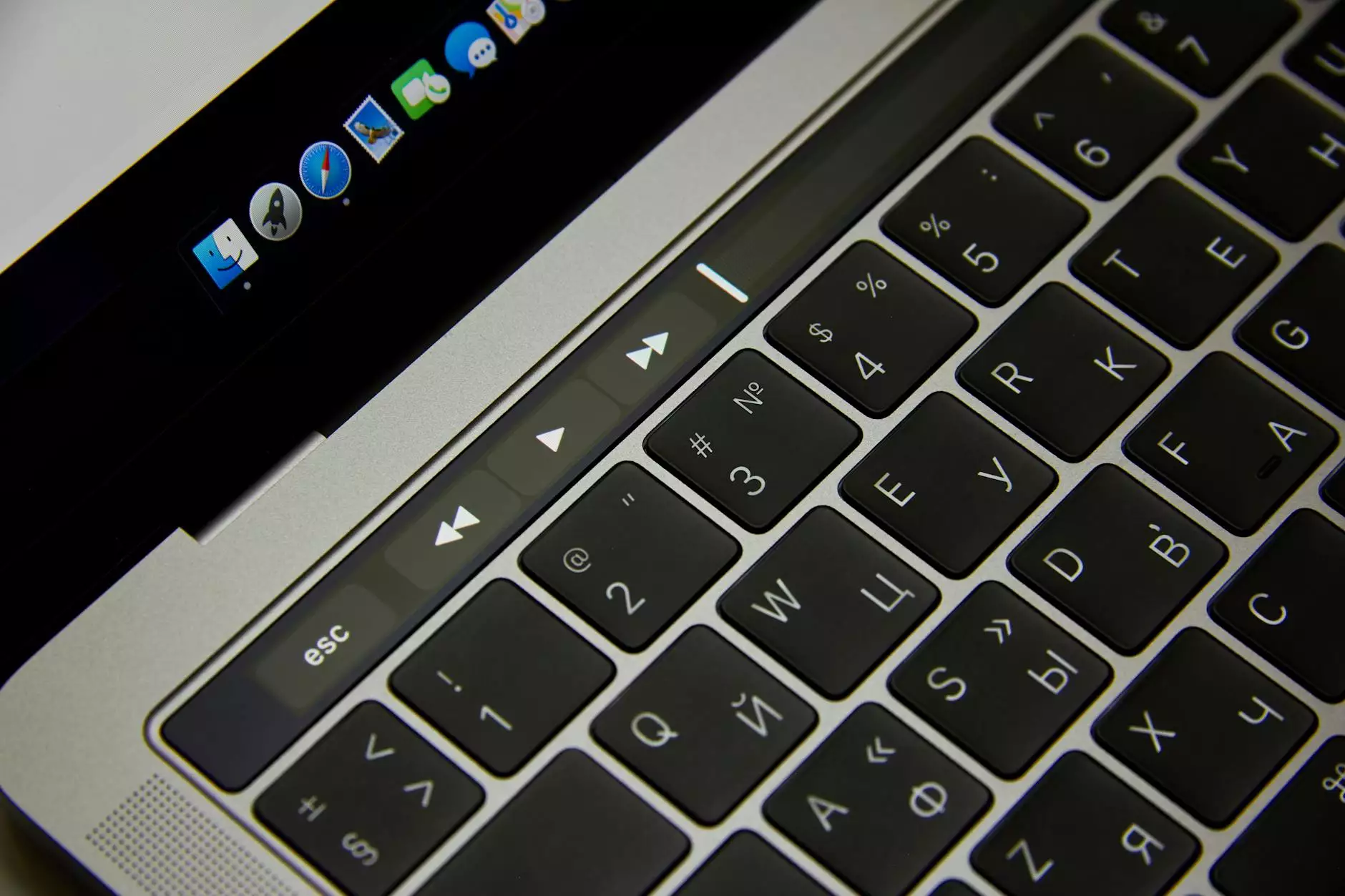The Impact of Buying Price of US Dollar on Restaurants, Cafes, and Hotels

When it comes to the world of business, the buying price of the US dollar plays a crucial role in shaping various sectors. In this article, we will delve into how fluctuations in the value of the US dollar can impact restaurants, cafes, and hotels - key players in the hospitality industry.
The Effect on Restaurants
Restaurants, being an integral part of the service industry, are significantly impacted by changes in the buying price of the US dollar. Imported ingredients, such as spices, meats, or specialty items, are directly affected by fluctuations in currency values. A stronger US dollar can lead to cheaper imports, allowing restaurants to offer a wider variety of dishes at competitive prices.
Conversely, a weaker US dollar can result in increased costs for imported goods, which may force restaurants to adjust their menu offerings or raise prices to maintain profitability. Additionally, fluctuations in currency exchange rates can disrupt supply chains, leading to potential delays in ingredient deliveries and affecting overall operations.
The Impact on Cafes
Cafes, known for their cozy ambiance and specialty coffee blends, are also not immune to the effects of the buying price of the US dollar. Coffee beans, a staple ingredient in most cafes, are often sourced internationally and are subject to currency fluctuations.
When the US dollar strengthens, cafes may benefit from lower coffee bean prices, potentially allowing them to offer premium blends at more competitive rates. However, a weaker US dollar could result in increased costs for importing coffee beans, impacting profit margins and pricing strategies. Cafe owners must closely monitor currency changes to adjust their pricing accordingly and maintain customer satisfaction.
Understanding the Influence on Hotels
Hotels, with their accommodations, amenities, and services, are deeply intertwined with global economic factors, including the buying price of the US dollar. The hospitality industry relies heavily on international travelers, whose spending power is influenced by currency values.
A favorable exchange rate can attract more foreign tourists, leading to increased bookings and occupancy rates for hotels. On the other hand, a weaker US dollar may deter international visitors, impacting hotel revenues and overall profitability. Hoteliers must adapt their pricing strategies, promotional offers, and marketing efforts in response to currency fluctuations to remain competitive in the market.
In Conclusion
The buying price of the US dollar serves as a key variable that can significantly impact businesses in the hospitality sector, including restaurants, cafes, and hotels. As businesses navigate the dynamic landscape of international trade and economic trends, it is essential to stay informed, proactive, and adaptable to withstand the challenges posed by currency fluctuations.
By understanding the implications of currency values on their operations and customer base, businesses can implement strategic measures to mitigate risks and capitalize on opportunities presented by changes in the buying price of the US dollar.
For more insightful content on business trends and industry analysis, visit GlobCoffs.
buying price of us dollar








